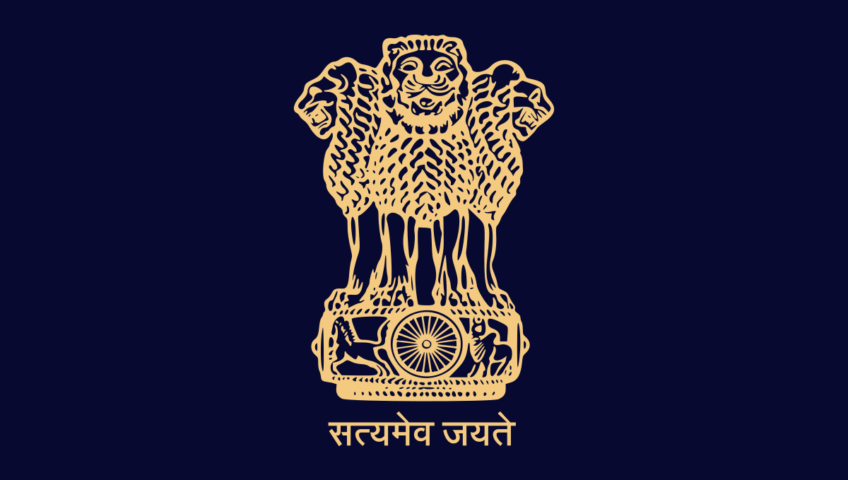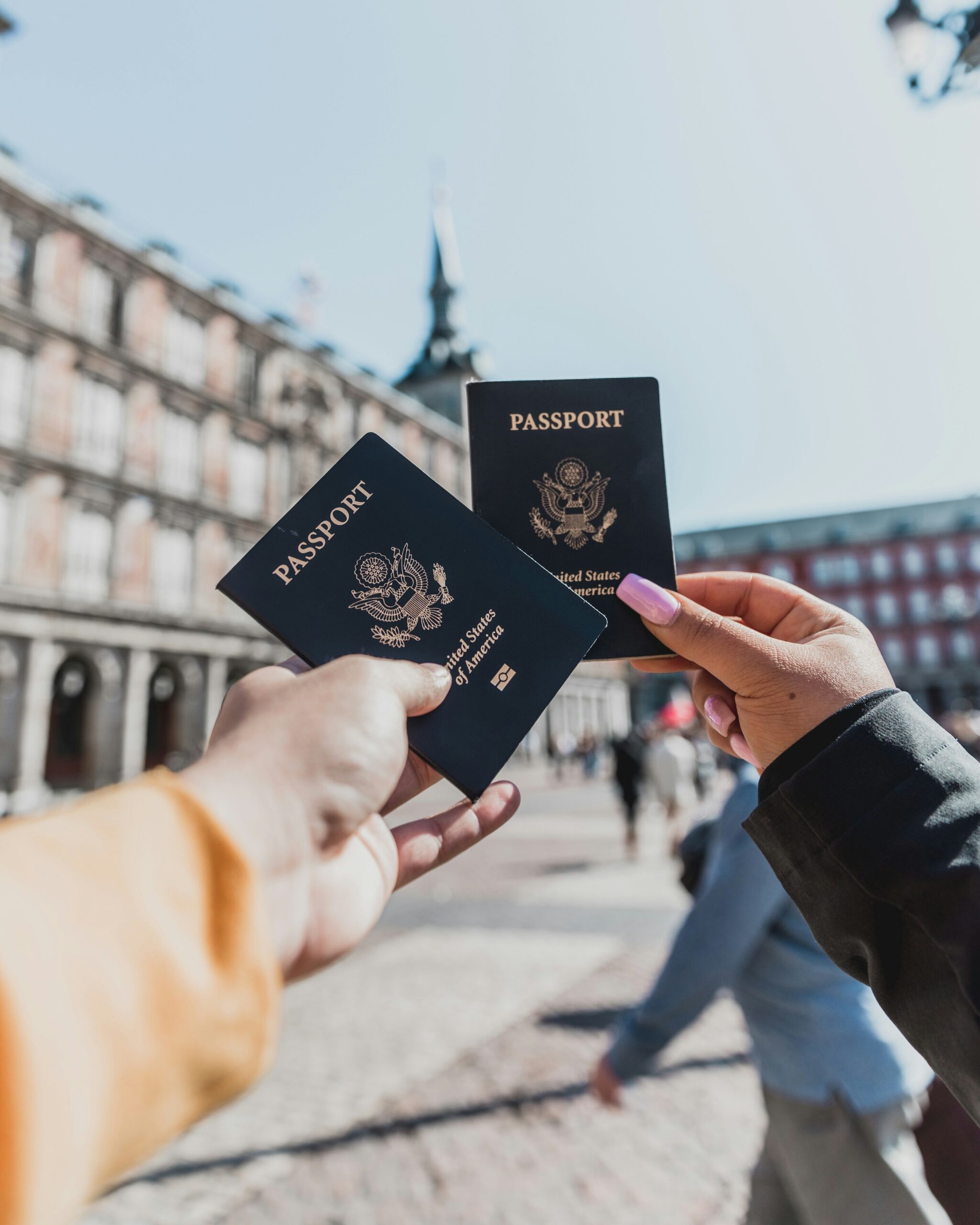
What to do if you are not at home during police verification
What to do if you are not at home during police verification
Police verification is an important step in various processes, such as applying for a passport, getting a job in certain sectors, or renting a new property. It is conducted to ensure the safety and security of individuals and the community. However, there may be situations when you are not at home during the scheduled police verification. In such cases, it is essential to take appropriate steps to ensure the process goes smoothly. Here are some steps you can take if you are not at home during police verification: also know
1. Inform the concerned authorities : What to do if you are not at home during police verification
If you know in advance that you will not be at home during the scheduled police verification, it is important to inform the concerned authorities as soon as possible. This could be the police department or the agency responsible for conducting the verification. Provide them with the necessary details, such as your name, address, and the reason for your absence. They may be able to reschedule the verification or provide alternative arrangements.
2. Nominate a representative : What to do if you are not at home during police verification
If you are unable to be present during the police verification, you can nominate a representative who can be present on your behalf. This representative should be someone you trust and who is familiar with the details of your application or situation. Inform the authorities about your representative and provide them with the necessary authorization, such as a signed letter or a power of attorney, allowing your representative to act on your behalf.
3. Provide necessary documents : What to do if you are not at home during police verification
During the police verification process, certain documents may be required to establish your identity and address. If you are not at home, ensure that you have provided all the necessary documents to your representative or make arrangements for them to access the required documents. This will help ensure a smooth verification process even in your absence.
4. Cooperate with the authorities : What to do if you are not at home during police verification
Even if you are not at home during the police verification, it is important to cooperate fully with the authorities. This includes providing accurate information, responding to any queries or requests for additional documents, and cooperating with any alternative arrangements that may be made. Remember that the police verification process is conducted for the benefit of everyone’s safety and security, so it is important to assist the authorities in any way possible.
5. Follow up : What to do if you are not at home during police verification
After the scheduled police verification, it is advisable to follow up with the concerned authorities to ensure that the process has been completed successfully. If there were any issues or complications due to your absence, inquire about the next steps or any additional requirements. By staying informed and proactive, you can ensure that the verification process is completed without any further delays or complications.
It is important to note that the specific procedures and requirements for police verification may vary depending on the country, region, or the purpose of the verification. Therefore, it is always recommended to check with the relevant authorities or seek professional advice to ensure that you are following the correct procedures and fulfilling all the necessary requirements.
While it is best to be present during the police verification process, there may be situations when it is not possible. By taking the appropriate steps and cooperating with the authorities, you can ensure that the process goes smoothly even in your absence. Remember to inform the concerned authorities, nominate a representative, provide necessary documents, cooperate fully, and follow up to ensure a successful police verification process. read more









